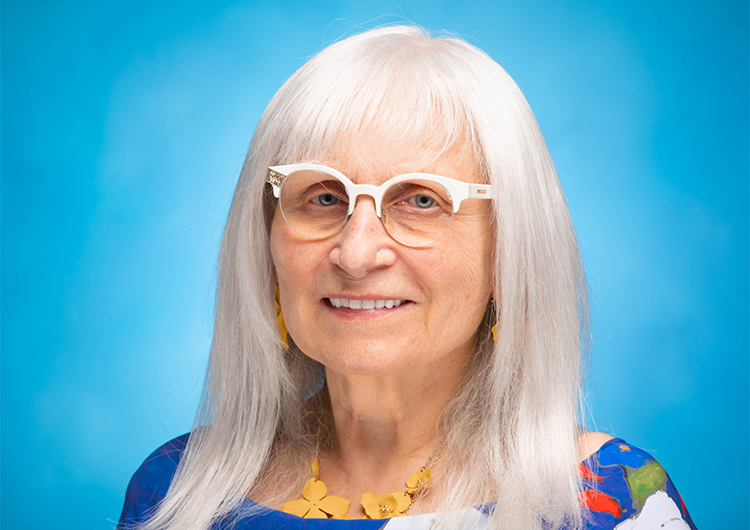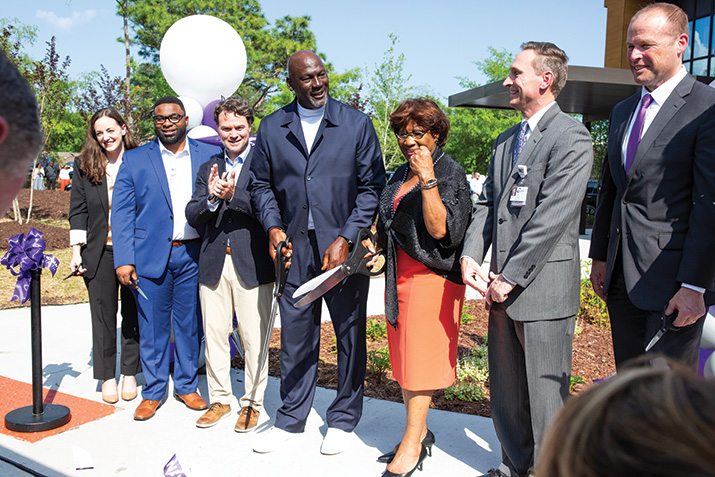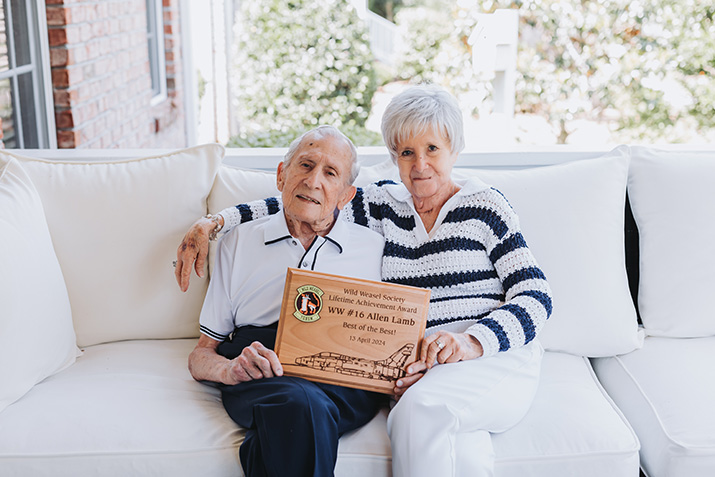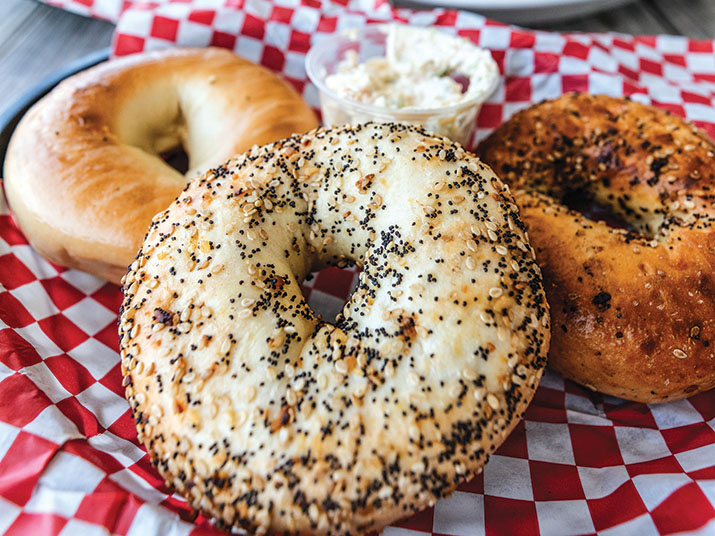Minding memory loss: Advice from local geriatrician Mary Rudyk

Local geriatrician Mary Rudyk
Sometimes a word is on the tip of your tongue but you can’t find it, or you go into a room only to have forgotten why you went there.
These can be signs of normal aging, but when they occur more frequently or escalate, then it could be mild cognitive impairment, or MCI. By itself, mild cognitive impairment doesn’t cause you to make any major changes in your day-to-day life. You can still drive, enjoy your hobbies and carry on with your social life.
For people diagnosed with this, about 15% will go on to develop dementia (a general term for loss of memory) that is severe enough to interfere with daily living, and in about five to seven years, about one-third will develop Alzheimer’s disease.
It is important to seek medical attention if you have MCI because it could be caused by something that could be reversed such as inappropriate medications, or other medical conditions such as thyroid disease or sleep apnea. But more importantly, there are ways to manage MCI and ways to slow cognitive decline.
In the United States, between 5 to 7 million people have been diagnosed with Alzheimer’s disease. The older person is more often affected, as about 42% of those over the age of 85 have some sort of dementia with Alzheimer’s disease being the most prominent.
Research continues into the etiology of this disease and age, family history, environmental factors, genetics and immune system are being evaluated. There is no cure, but there are ways to slow further cognitive decline.
Preventing further decline
Evidence indicates that following a healthy diet can help. The MIND diet, which is a combination of the Mediterranean diet and the DASH diet (Dietary Approaches to Stop Hypertension) can be effective in slowing further decline.
Exercise: Both mental and physical, at least five days a week and 30 minutes for each session. There is good evidence that moderate intensity physical exercise helps slow decline.
Cognitive exercise is also important. Find what you like to do and ensure that it is cognitively challenging. Social activities are also important to maintain.
Medication: None to date cure this, but some have been shown to be effective at lessening symptoms like depression, insomnia and appetite changes. New drugs called disease modifiers present an exciting development for patients with MCI or early Alzheimer’s disease.
Caregiver guide
Any skills lost may not be regained, but the following tips may help you and your family:
• Plan a balanced program of physical and cognitive exercise, social activity and good nutrition.
• Plan daily activities that provide structure, meaning and meet goals.
• As the person is less able to function, change activities and routines so they can participate.
• Allow the person to do as much as possible for themselves.
• Give cues to help. For example, label drawers, cabinets and closets to let them know what is in them.
• Keep them safe by removing risks, such as turning off the stove or removing car keys.
As a caregiver, understand your own physical and emotional limits. Take care of yourself and ask for help if you need it.
Mary Rudyk is a geriatric medicine specialist with Senior Health Associates and geriatrician with Novant Health New Hanover Regional Medical Center. She has owned an internal and geriatric medicine practice in New Hanover County for more than 25 years.


















